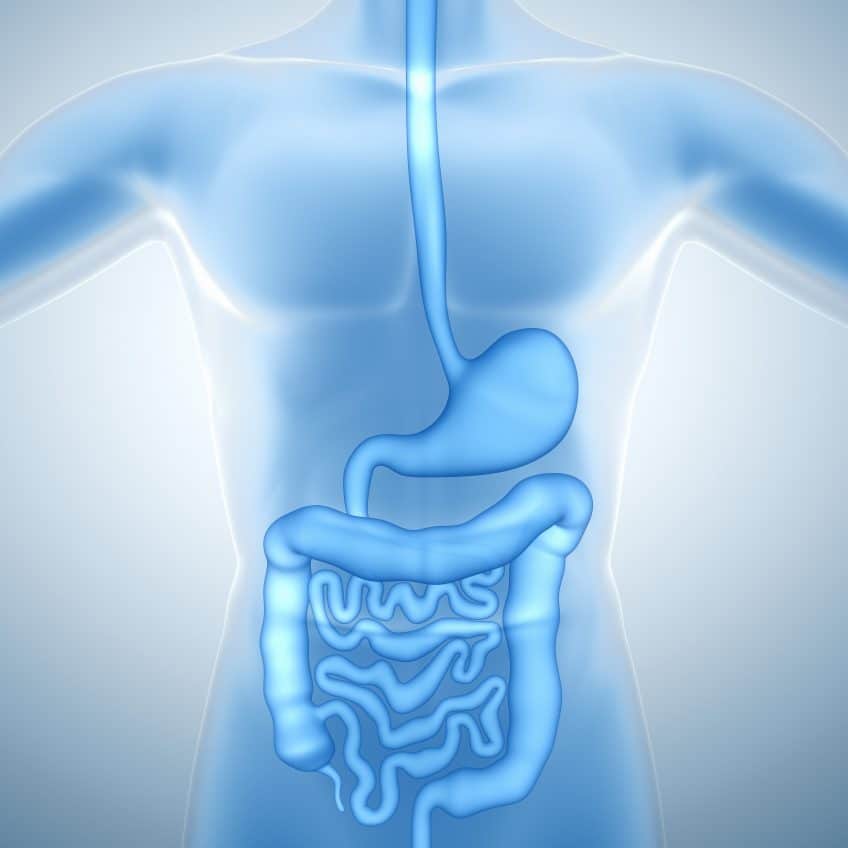
The Importance Of Satiety
What is satiety?
Satiety is the feeling of fullness and the suppression of hunger once you have finished a meal.
In today’s society, there are temptations everywhere and it is incredibly easy to make an unhealthy food choice or overeat, leading to weight gain. At the opposite end of the spectrum, restricting your food intake is likely to lead to hunger, lethargy and dwindling motivation and focus.
Why is satiety important?
Many people wonder if it is possible to lose weight without feeling hungry all the time. Satiety plays vital role in controlling how much we eat. For example, eating a large meal that leaves you feeling extremely full will likely mean that you will be feeling satisfied for longer and less likely to snack between meals, your next meal may also be smaller than usual. However, if we do not feel satisfied, we are likely to feel hungry soon you finish eating, snack between meals and eat more at your next meal.
Gaining a full understanding of satiety and how to influence it will mean that this may influence and enable control over your appetite throughout the day.
What happens to the body to make us feel satiated?
Satiety occurs due to a number of bodily signals that begin when consuming food and drink. These signals continue to function as the food and drink enters the gut and is digested and absorbed. This mechanism is highly sophisticated, sending messages to different areas of the brain, including:
- Beliefs about how filling the food/drink you are consuming is likely to be
- The taste, smell, appearance and texture of the food/drink
- The feeling of your stomach expanding
- Hormones released during the digestion and absorption of the food/drink
However, as we all know, there is a delay between finishing your meal and feeling the full effects of satiety.
Why doesn’t satiety enable me to control my food intake?
Despite the complex body signals, we are not always able to control what and how much we eat, regardless of whether we feel satiated or not. There are a number of factors that will impact on your appetite and self-control:
- How much you are enjoying the food/drink
- Portion size
- The variety of food/drink available
- Your emotional state
- Your social situation
- Your exercise levels
- Your sleep pattern and quality
So how can I feel fuller for longer and maintain a healthy weight?
- Choose foods high in protein. Protein makes us feel fuller for longer so should be included in every meal. Good protein sources include chicken, turkey, fish, eggs, nuts, beans and pulses.
- Choose foods high in fibre. Fibre also helps to make us feel fuller for longer, with great choices including whole grains, pulses, beans, fruit and vegetables.
- Chew your food thoroughly as this will mean that you will eat more slowly, thus giving your brain time to catch up and realise that you are becoming full, instead of eating past the point of satiety and being uncomfortably full.
- Limit the amount of high calorie drinks, as they can be very deceptive with how much of your calorific intake you are consuming. Most contain a large amount of sugar, making you feel more hungry. Studies have also shown that calories within liquid are less satiating than calories from solid foods.
- Alcohol should be kept within the recommended guidelines (14 units per week for both men and women, spread throughout the week with at least 2 consecutive alcohol free days). Studies have shown that alcohol stimulates the appetite, encouraging you to eat more than you normally would. Alcohol is high in calories, which is often forgotten.
- Paying attention to your food whilst you eat will help to make it more satiating. This means ridding your environment of distractions such as television, and sitting at the dining table to enjoy what you are eating.
Our full range of employee nutrition services provide an end-to-end campaign aimed at improving the health and wellbeing of your employees, and therefore your business.
Give us a call on 07810 716758, give us a call to find out more.


